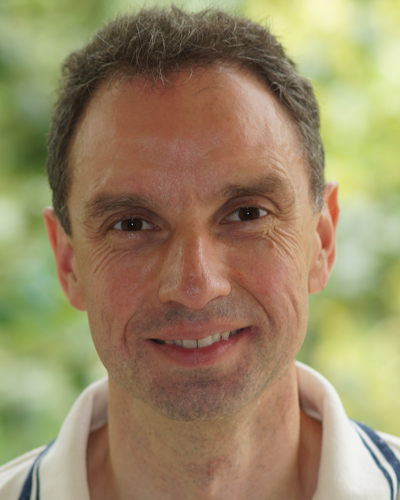Forschung
Research Support

Research Support:
Aktuelle Fördermöglichkeiten für Wissenschaftler*innen der Goethe-Universität - Ausgabe 05/2025
Newsletter for Early Career Researchers - Ausgabe 05/2025
Forschungsschwerpunkte

Institut für Zellbiologie und Neurowissenschaft (Prof. Dr. Franziska Matthäus) |
Computational Life Science (Prof. Dr. Roberto Covino (gefördert durch Stefan Quandt)) |
Machine Learning in Oncology (Prof. Dr. Florian Büttner (FB 16)) |
Angewandte Bioinformatik (Prof. Dr. Ingo Ebersberger (FB 15)) |
Computational Epigenomics and Systems Cardiology (Prof. Dr. Marcel Schulz (FB 16)) |
Algorithm Engineering (Prof. Dr. Ulrich Meyer) |
Architektur von Hochleistungsrechnern (Prof. Dr. Volker Lindenstruth) |
Modulares Supercomputing und Quantencomputing (Prof. Dr. Dr. Thomas Lippert) |
Software für das Höchstleistungsrechnen (Prof. Dr. Ivan Kisel) |
Computational Humanities/Texttechnologie (Prof. Dr. Alexander Mehler) |
Computational Neuroscience and Computational Vision (Prof. Dr. Matthias Kaschube) |
Computational Vision and Artificial Intelligence (Prof. Dr. Gemma Roig) |
Machine Learning and Computational Neuroscience (Prof. Dr. Jochen Triesch) |
Systems Engineering for Vision and Cognition (Prof. Dr. Visvanathan Ramesh ) |
Cybersicherheit (Prof. Dr. Haya Schulmann) |
Eingebettete Systeme (Prof. Dr. Uwe Brinkschulte) |
Entwurfsmethodik (Prof. Dr. Lars Hedrich) |
Database Technologies and Data Analytics (Prof. Dr. Lena Wiese) |
Mobile Business & Multilateral Security (Prof. Dr. Kai Rannenberg (FB 02)) |
Wirtschaftsinformatik (Prof. Dr. Mirjam Minor) |
Educational Technologies and Learning Analytics (Prof. Dr. Hendrik Drachsler) |

Aktuelles aus der Forschung
Bioinformatik
Bioinformatik
Distribution of Plant Cell Wall-Degrading Enzymes Across Life
Feature Architecture-Aware Ortholog Search With fDOG Reveals the Distribution of Plant Cell Wall-Degrading Enzymes Across Life
Molecular Biology and Evolution, Volume 42, Issue 6
Presenting fDOG, a software that integrates a profile-based, targeted ortholog search starting from an individual protein sequence with an assessment of the feature architecture similarities between the seed protein and its orthologs performs a profile-based targeted ortholog search.
Autonomes Lernen
Frühkindliche Sprachentwicklung - KI lernt Lernen
Wie ein Baby-Simulator dazu beiträgt die Prozesse der Sprachentwicklung im frühkindlichen Gehrin zu erforschen.
VR
VR
Wenn die KI mit Gestik trainiert wird
Ein Teilprojekt im Schwerpunktprogramm »Visuelle Kommunikation« versucht, Körpersprache analysierbar zu machen.
Zertifikatsprogramm
Critical Computational Literacy @ GU Future Skills and Beyond
Prof. Dr. Franziska Matthäus stellt das Projekt „Critical Computational Literacy @ GU Future Skills
and Beyond“ vor.
Schülerpraktikum
Vom Interesse zum Schülerpraktikum
Wie die Leidenschaft für Mathematik, Informatik und Physik zum Schülerpraktikum am Quantencomputer 'Baby Diamond' geführt hat: Ein Bericht einer Initiativbewerbung.
Podcast: Cybersicherheit im Drohnenschwarm
Denken im Schwarm: die Anwendung von Organic Computing für Drohnen
Forschungsschwerpunkte
Bioinformatik
Grundlagen der Informatik
High Performance Computing


Prof. Dr. Ingo Ebersberger
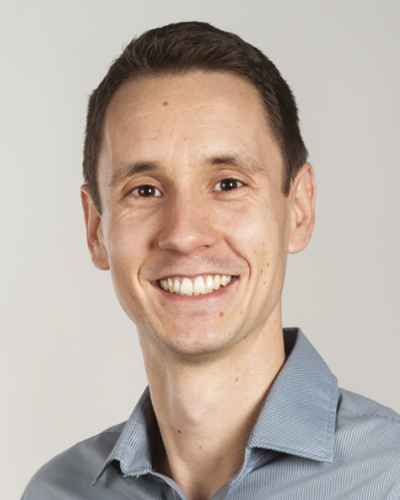
Prof. Dr. Marcel Schulz

Prof. Dr. Roberto Covino

Prof. Dr. Franziska Matthäus

Prof. Dr. Florian Büttner



Prof. Dr. Volker Lindenstruth


Prof. Dr. Dr. Thomas Lippert
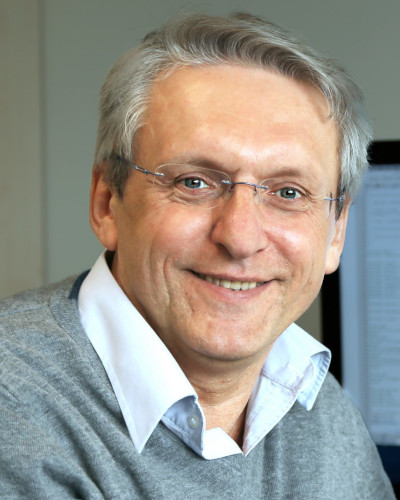
Prof. Dr. Ivan Kisel
Machine Learning & Computational Neuroscience
Safe Cyber-Physical Systems & Security
Wirtschaftsinformatik, Information Management & Studium Digitale


Prof. Dr. Gemma Roig
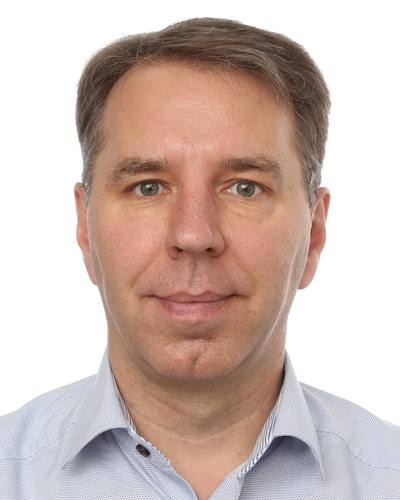
Prof. Dr. Alexander Mehler

Prof. Dr. Matthias Kaschube

Prof. Dr. Jochen Triesch

Prof. Dr. Visvanathan Ramesh

Prof. Dr. Richard Gao

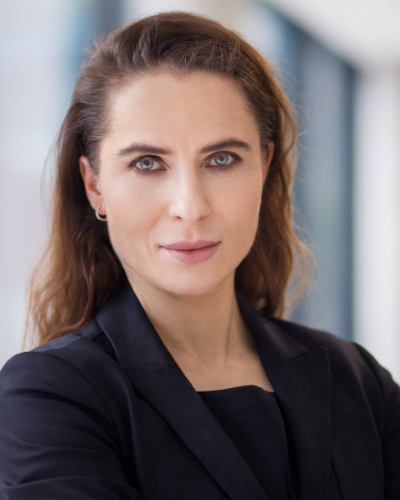
Prof. Dr. Haya Schulmann
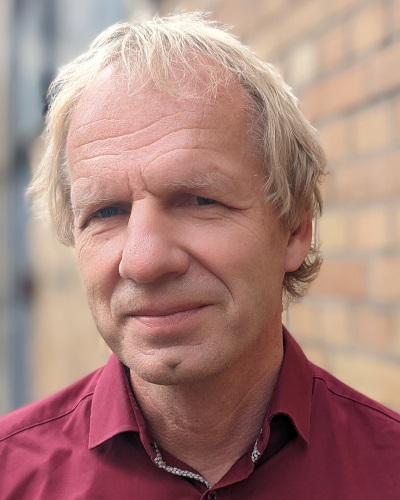
Prof. Dr. Lars Hedrich


Prof. Dr. Lena Wiese

Prof. Dr. Hendrik Drachsler

Prof. Dr. Kai Rannenberg

Prof. Dr. Mirjam Minor
Research Support

Aktuelle Fördermöglichkeiten für Wissenschaftler*innen der Goethe-Universität - Ausgabe 05/2025
Newsletter for Early Career Researchers - Ausgabe 05/2025
Aktuelles aus der Forschung
Bioinformatik
Bioinformatik
Distribution of Plant Cell Wall-Degrading Enzymes Across Life
Feature Architecture-Aware Ortholog Search With fDOG Reveals the Distribution of Plant Cell Wall-Degrading Enzymes Across Life
Molecular Biology and Evolution, Volume 42, Issue 6
Presenting fDOG, a software that integrates a profile-based, targeted ortholog search starting from an individual protein sequence with an assessment of the feature architecture similarities between the seed protein and its orthologs performs a profile-based targeted ortholog search.
Autonomes Lernen
Frühkindliche Sprachentwicklung - KI lernt Lernen
Wie ein Baby-Simulator dazu beiträgt die Prozesse der Sprachentwicklung im frühkindlichen Gehrin zu erforschen.
VR
VR
Wenn die KI mit Gestik trainiert wird
Ein Teilprojekt im Schwerpunktprogramm »Visuelle Kommunikation« versucht, Körpersprache analysierbar zu machen.
Zertifikatsprogramm
Critical Computational Literacy @ GU Future Skills and Beyond
Prof. Dr. Franziska Matthäus stellt das Projekt „Critical Computational Literacy @ GU Future Skills
and Beyond“ vor.
Schülerpraktikum
Vom Interesse zum Schülerpraktikum
Wie die Leidenschaft für Mathematik, Informatik und Physik zum Schülerpraktikum am Quantencomputer 'Baby Diamond' geführt hat: Ein Bericht einer Initiativbewerbung.
Podcast: Cybersicherheit im Drohnenschwarm
Denken im Schwarm: die Anwendung von Organic Computing für Drohnen
- Presse & Kommunikation
- Pressemitteilungen
- Öffentliche Veranstaltungen
- Uni-Publikationen
- Aktuelles Jahrbuch
- UniReport
- Forschung Frankfurt
- Karriere & Jobs
- Frankfurter Kinder-Uni
- Zahlen und Fakten
- Internationales
- Inbound: Aus der Welt nach Frankfurt
- Outbound: Von Frankfurt in die Welt
- Erasmus / LLP
- Goethe Welcome Centre (GWC)
- Refugees / Geflüchtete
- Erasmus +
- Sprachenzentrum oder Fremdsprachen
- Goethe Research Academy for Early Career Researchers
- Forschung
- Research Support
- Wissenschaftliche Zentren
- Unser Forschungsprofil
- Forschungsförderung
- Infrastrukturzentren
- Promovierende & Postdocs
